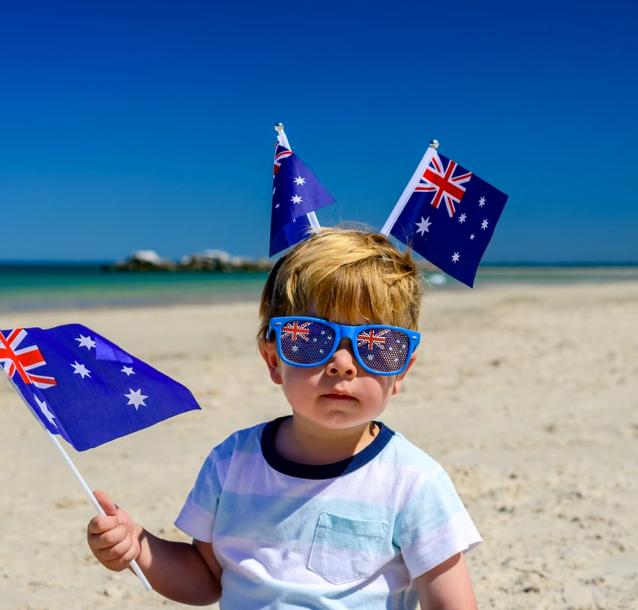Australia National Festival, celebrated annually on January 26th, is a significant event for all Australians. It marks the anniversary of the arrival of the First Fleet of British ships in Sydney Cove in 1788, and the founding of the British colony of New South Wales. While it is a day of celebration, it has also become a controversial topic in recent years due to its association with colonialism and the mistreatment of Indigenous Australians. In this article, we will explore the history and significance of Australia Day, how it is celebrated across the country, and the debates surrounding its observance.
The History of Australia National Festival
Australia National Festival has its roots in the early days of European settlement in Australia. In 1788, Captain Arthur Phillip arrived in Sydney Cove with a fleet of 11 ships, carrying over 1000 convicts, marines, and free settlers. The landing marked the beginning of British colonialism in Australia and the establishment of the colony of New South Wales. In the early years, the day was known as "Foundation Day" or "First Landing Day" and was celebrated in various ways, including the firing of cannons, public feasts, and games.
In 1818, the Governor of New South Wales declared January 26th an official public holiday, and the day became known as "Anniversary Day." It wasn't until 1935 that the name was changed to "Australia Day," and it became a nationwide holiday in 1994.
How Australia National Festival is Celebrated
Today, Australia Day is celebrated across the country with parades, concerts, barbeques, and fireworks displays. Many people also use the day to reflect on what it means to be Australian and to celebrate the nation's cultural diversity. The Australian of the Year Awards are also presented on Australia Day, recognizing individuals who have made significant contributions to the community.
In recent years, there has been a push to recognize the contributions of Indigenous Australians to the country's history and culture on Australia Day. Some cities and towns now hold special events that acknowledge the traditional owners of the land and their ongoing connection to the country.
The Controversy Surrounding Australia Day
While Australia Day is a day of celebration for many Australians, it is also a day of mourning for many Indigenous Australians. The arrival of the First Fleet marked the beginning of a long history of dispossession, violence, and discrimination against Indigenous peoples, and many see the celebration of Australia Day as an insult to their ongoing struggle for recognition and justice.
There have been calls to change the date of Australia Day to a date that is less controversial and more inclusive of all Australians. Some argue that it should be moved to a date that recognizes the contributions of Indigenous Australians, while others suggest that it should be replaced with a new national holiday that celebrates Australian identity without the colonial baggage.
FAQs
Q: Is Australia Day a public holiday?
A: Yes, Australia Day is a public holiday across the country.
Q: What is the Australian of the Year Award?
A: The Australian of the Year Award is presented annually on Australia Day to recognize individuals who have made significant contributions to the community.
Q: Why is Australia Day controversial?
A: Australia Day is controversial because of its association with colonialism and the mistreatment of Indigenous Australians. Many Indigenous Australians see the celebration of Australia Day as an insult to their ongoing struggle for recognition and justice.
Q: What is the date of Australia Day?
A: Australia Day is celebrated annually on January 26th.
Q: Should Australia Day be moved to a different date?
A: There is ongoing debate about whether Australia Day should be moved to a different date to make it more inclusive of all Australians. Some argue that it should be replaced with a new national
References:
- "Australia Day." Australian Government, Department of the Prime Minister and Cabinet, 2021, www.pmc.gov.au/national-identity/australia-day.
- "History of Australia Day." National Australia Day Council, 2021, www.australiaday.org.au/about-australia-day/history/.
- "Australia Day 2021: What You Need to Know." SBS News, 25 Jan. 2021, www.sbs.com.au/news/australia-day-2021-what-you-need-to-know.
